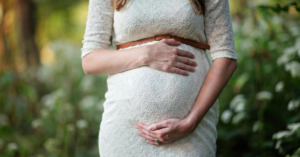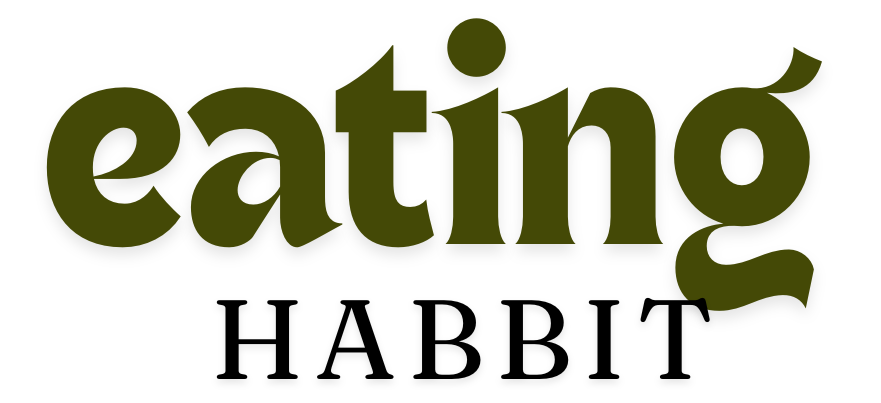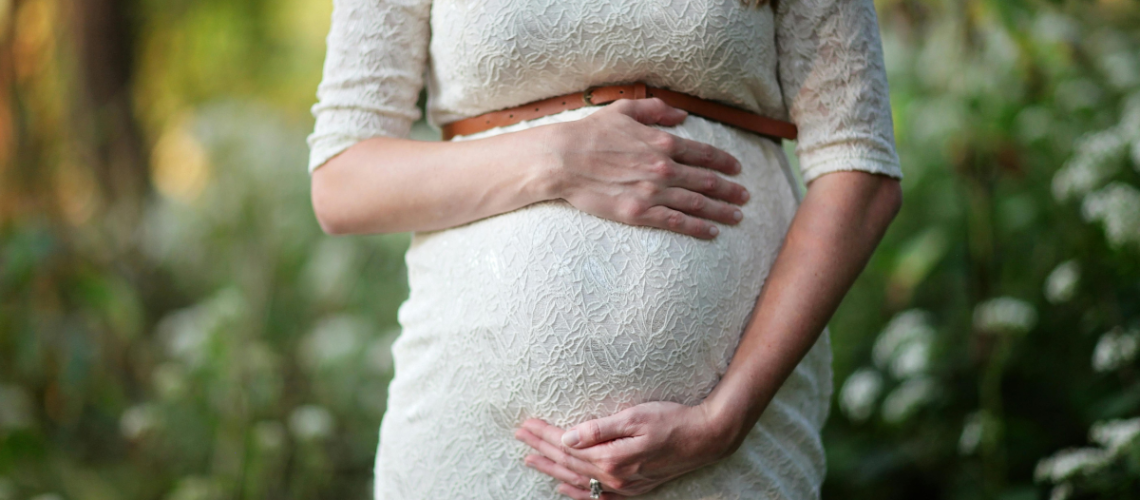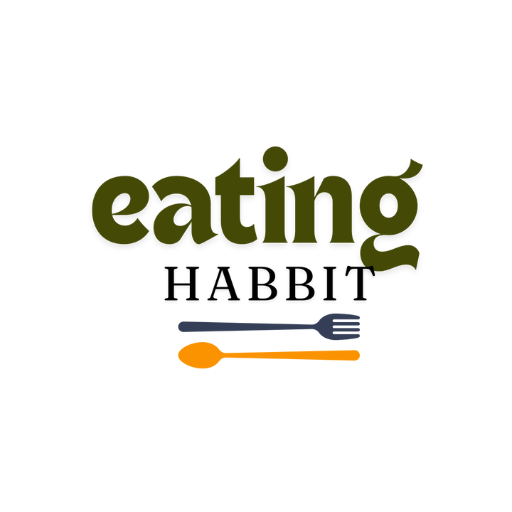Introduction
Pregnancy is a beautiful journey that brings with it a lot of changes and responsibilities. One of the most critical aspects to focus on during this time is diet. Eating the right foods can help ensure the health and well-being of both the mother and the baby. However, certain foods should be avoided during pregnancy to prevent potential health risks. In this article, we will explore which foods to avoid during pregnancy and why.

Importance of a Healthy Diet During Pregnancy
Pregnancy-related nutrition is essential for the baby’s growth and development. It gives the mother the vital nutrients she needs to maintain her health and assist the fetal development. Eating a well-balanced diet can also lower the chance of developing issues like preterm birth, gestational diabetes, and preeclampsia.
Foods to Avoid: An Overview
It can be daunting to know what foods to avoid, but it’s important for the mother’s and the baby’s wellbeing. The following foods should be avoided or consumed in moderation because of possible health hazards.
High-Mercury Fish
Why Mercury is Harmful
Mercury is a toxic metal that can be harmful to the developing nervous system of the fetus. High levels of mercury exposure can lead to developmental delays and brain damage.
List of High-Mercury Fish
– Shark
– Swordfish
– King Mackerel
– Tilefish
– Bigeye Tuna
Raw or Undercooked Seafood
Risks of Raw Seafood
Seafood that is raw or undercooked may include pathogenic bacteria and parasites like Toxoplasma, Salmonella, and Listeria. Serious infections like these can result in difficulties like stillbirth, miscarriage, or serious disease in the baby.
Safer Alternatives
– Fully cooked seafood
– Low-mercury fish such as salmon, shrimp, and catfish
Undercooked or Raw Meat and Poultry
Bacterial Infections from Undercooked Meat
Undercooked or raw meat and poultry can harbor harmful bacteria, including Salmonella, E. coli, and Listeria. These bacteria can cause severe food poisoning, which can be particularly dangerous during pregnancy.
Cooking Tips
– Cook meat and poultry thoroughly to safe internal temperatures.
– Avoid cross-contamination by using separate cutting boards and utensils for raw meat.
Raw Eggs and Foods Containing Raw Eggs
Risks of Raw Eggs
Raw eggs can be contaminated with Salmonella, which can cause food poisoning. Symptoms include fever, nausea, vomiting, and abdominal cramps, which can be particularly dangerous during pregnancy.
Safe Alternatives
– Use pasteurized eggs
– Avoid foods containing raw eggs, such as homemade mayonnaise and certain desserts
Organ Meats
High Vitamin A Content
Organ meats, such as liver, are high in vitamin A. While vitamin A is essential for fetal development, excessive intake can lead to toxicity and congenital malformations.
Recommended Limits
– Limit intake of organ meats to avoid excessive vitamin A consumption.
– Consult with a healthcare provider for appropriate dietary recommendations.
Caffeine
Effects of Excessive Caffeine
High caffeine intake during pregnancy can increase the risk of miscarriage and low birth weight. It can also affect the baby’s developing nervous system.
Safe Amounts
– Limit caffeine intake to 200 milligrams per day (about one 12-ounce cup of coffee).
– Consider caffeine-free alternatives like herbal tea.
Unpasteurized Dairy Products
Risks of Listeria
Unpasteurized dairy products can be contaminated with Listeria, a harmful bacterium that can cause miscarriage, stillbirth, or severe illness in the newborn.
Safe Dairy Choices
– Choose pasteurized milk, cheese, and yogurt.
– Avoid soft cheeses made from unpasteurized milk, such as Brie and Camembert.
Alcohol
Fetal Alcohol Syndrome
Alcohol consumption during pregnancy can lead to fetal alcohol syndrome, which causes developmental delays, behavioral problems, and physical abnormalities.
Zero Tolerance Approach
– Avoid alcohol entirely during pregnancy.
– Opt for non-alcoholic beverages and mocktails.
Processed Junk Foods
Nutritional Deficiencies
Processed junk foods are high in unhealthy fats, sugars, and calories, but low in essential nutrients. Consuming these foods can lead to nutritional deficiencies that affect both the mother and the baby.
Healthy Snack Alternatives
– Fresh fruits and vegetables
– Nuts and seeds
– Whole-grain crackers
High Sugar Foods
Impact on Gestational Diabetes
High sugar intake can increase the risk of gestational diabetes, which can lead to complications for both the mother and the baby.
Reducing Sugar Intake
– Opt for natural sweeteners like honey or maple syrup.
– Choose whole fruits over fruit juices or sugary snacks.
Artificial Sweeteners
Potential Risks
Some artificial sweeteners, such as saccharin, can cross the placenta and may not be safe during pregnancy. There is limited research on the safety of many artificial sweeteners.
Natural Sweetener Options
– Use natural sweeteners like stevia or erythritol.
– Consult with a healthcare provider before using any artificial sweeteners.
Conclusion
Maintaining a healthy diet during pregnancy is crucial for the well-being of both the mother and the baby. Avoiding certain foods can help prevent potential health risks and complications. Always consult with a healthcare provider for personalized dietary advice and recommendations.
FAQs
Can I eat sushi while pregnant?
It is best to avoid sushi that contains raw fish due to the risk of bacterial and parasitic infections. Opt for fully cooked or vegetarian sushi options instead.
Is it safe to drink coffee during pregnancy?
Moderate caffeine intake (up to 200 milligrams per day) is generally considered safe during pregnancy. However, it’s best to limit consumption and opt for caffeine-free alternatives when possible.
What fruits should be avoided during pregnancy?
Most fruits are safe to eat during pregnancy. However, it’s best to avoid unwashed or overripe fruits to reduce the risk of bacterial contamination.
Are herbal teas safe during pregnancy?
Some herbal teas are safe, but others may contain ingredients that are not recommended during pregnancy. Always consult with a healthcare provider before consuming herbal teas.
Can I have cheese during pregnancy?
Yes, you can have cheese, but it’s important to choose pasteurized varieties to avoid the risk of Listeria. Avoid soft cheeses made from unpasteurized milk.
—
I hope you are having a wonderful day!








